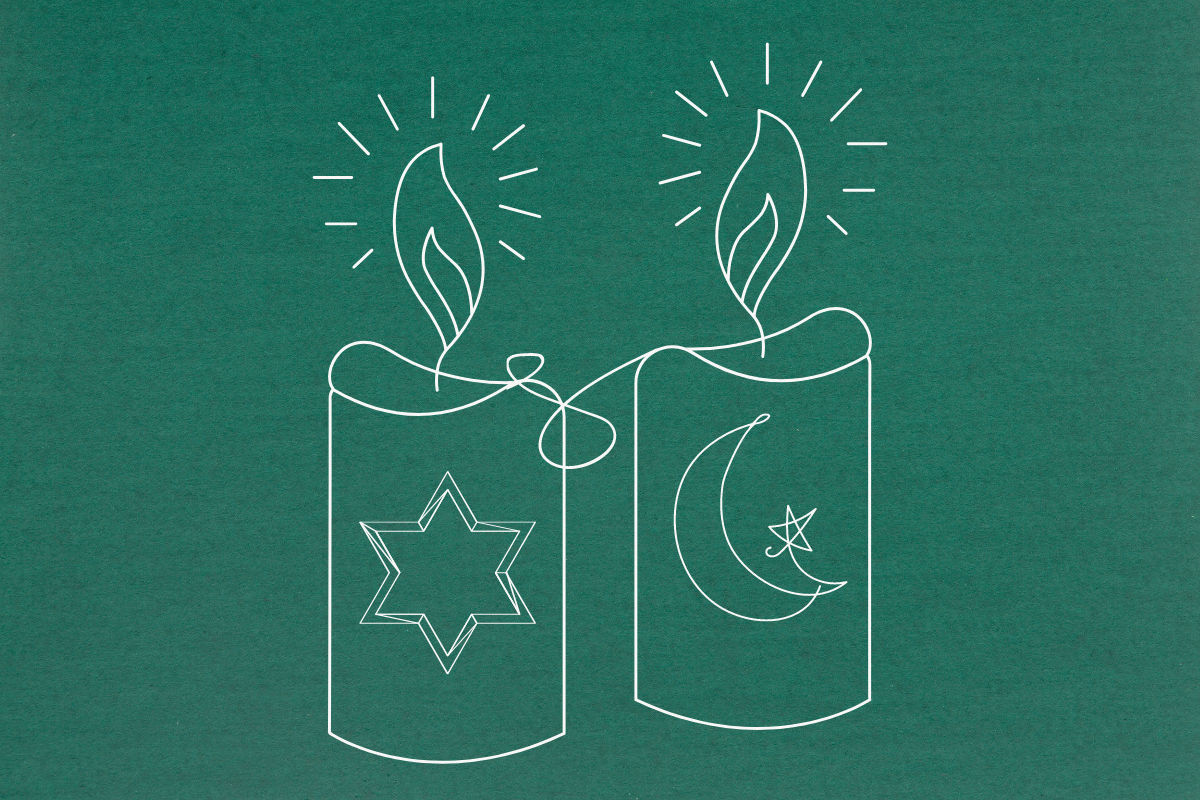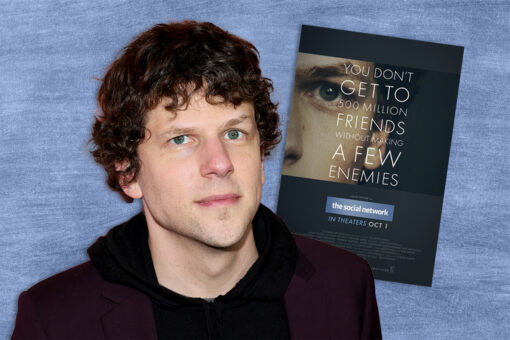When my father told me that I would be having a Muslim coming-of-age ceremony along with my already planned Jewish coming-of-age ceremony, I was mad. I would be studying for my bat mitzvah, writing papers, doing research, and practicing self-reflection for at least two years; it was already a daunting task. Now I had to do all of that work for another religion too?! This was ridiculous. I said no! But my Dad wasn’t budging.
Sigh.
My parents made the conscious decision to raise me as Muslim and Jewish before birth. They both loved their respective faiths and wanted to raise their children with a dual identity, so they did. Even my name, Maryam, ties to the word Mary in both Hebrew and Arabic. I grew up spending my school years in the very Jewish neighborhood of the Upper West Side and my summers in the predominately Muslim community of Kashmir, India. Growing up, I understood the cultural differences of my faiths but had not reached the maturity to understand the religious aspects. Now, a young adult coming of age, my parents thought this could be my chance. But to me… it just sounded like a headache.
Regardless, I got to work. My dad and I sat in his room on Saturday mornings and read the history of the Prophet Muhammad. On Sundays, I went to Sunday school and learned about the stories of Jewish prophets. Since my congregation’s b’nei mitzvah program required students to write papers on their family values, beliefs, and history, I interviewed relatives on both my Muslim and Jewish sides. I penned a “religious beliefs paper” where I analyzed how Jews and Muslims observe their faith and thought intently for the first time about whether or not I even believed in God. Yet, the truth is that I was confused. Was I missing something… or were these religions the same?
At the time, I watched the adults in my life react to my coming-of-age ceremony prep. Though I hadn’t realized it before, I could sense it was eyebrow-raising that I was having a dual Muslim and Jewish ceremony. It was eyebrow-raising that I was Muslim and Jewish. I could hear the surprise in people’s voices, the change in tone. I quickly realized that there was nobody else — a celebrity, an older student at my school, or a family member outside of my sister — who had this same identity. I had literally no one to relate to. And as I progressed through the coming of process, I could tell there was something inherently political in my identity too. The question of Israel seemed to hover in the air, looking for me to claim a “stance” on the incredibly nuanced matter. There was a strange undertone in the questions people asked, the comments they made, the details I found myself justifying. But I could not comprehend why.
These religions believed in the same God. They have similar dietary restrictions, the same core beliefs in fasting, and even covering your head, as a means of observance. Both faiths held community service as an essential pillar. The Quran says that a Muslim man could marry a Jewish woman, for that was your “sister faith.” I learned in Sunday school that as a Jew, if you cannot find a synagogue, you should pray in a mosque. If you cannot find kosher meat, eat halal. In terms of coming of age, both religions wanted their young adults to read the religion’s holy book, become blessed by a spiritual leader, and step into adulthood as a religious person. Yes, these were different religious communities, but they are so aligned at their core.
Looking back at my coming of age ceremony ten years later, I am in awe of what a pivotal experience it was. I had the chance not only to study but to synthesize my faiths, and my identity as a person of faith, for the first time. I also learned how the world reacted to my rather “political” identity, which gave me a blueprint for how to handle conversations I am still having with others who don’t understand my faiths. But, more importantly, I discovered how I truly felt about the faiths my parents had chosen for me before my birth. Was being both Muslim and Jewish a religious identity I cared about and wanted to take on as a young adult?
Having one combined Muslim and Jewish coming-of-age ceremony taught me that, yes, I wanted to actively take on the beauty and the challenge of both of these identities, despite any judgment.
Through this experience, I started to see my two different religions not as separate but as one. I realized they are not oppositional, but in fact, they strengthen each other. Practicing both Islam and Judaism makes me, and my relationship to God, stronger. They are one, Jewish/Muslim faith, snuggled tight in the very core of my being.
At the end of my coming-of-age ceremony, after an imam and a rabbi blessed me, my father lit one candle, and my mother another. They brought their two separate candles into the one on the table, the one that represented me. In that moment, as I watched them, I wish I could tell 13-year-old Maryam that ten years later she would be working on interfaith relations as part of a groundbreaking new fellowship at the Jews of Color Initiative. That she was getting better every day at advocating for her faiths, speaking with more confidence and knowledge than she had months before. And I wish I could tell her that being Muslim and Jewish was and has never been “easy,” but it feels right. It feels like, well – her.
And I would tell her that yes, her dad was right.
But don’t ever tell him I said that.



